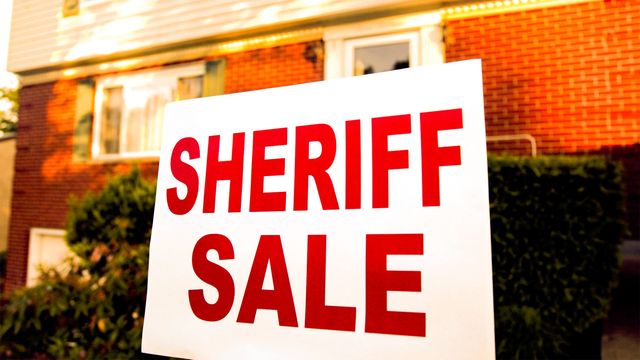
The stress and anxiety of not being able to pay a mortgage payment is extreme. There are avenues of relief available, including selling the home or, if income has improved, a loan modification or refinance. However, often the stress and anxiety is crippling, and as they say, not making a decision is a decision itself, and in the situation where the homeowner has defaulted on a mortgage, the decision to do nothing is a poor decision.
As a consumer bankruptcy attorney, I speak frequently with clients and potential clients who have fallen behind with their mortgage and do not believe there is a remedy to their situation. Fortunately, even for the homeowner going through a foreclosure, a Chapter 13 bankruptcy filing can often provide the cure. Once the Chapter 13 is filed, the foreclosure is stayed or stopped [11 USC §362(a)] and a plan is proposed to perhaps cure the arrears, modify the mortgage or sell the home.
Rarely, I am confronted with the situation where the homeowner contacts me after the Sheriff’s Sale. However this happened this year.
By way of background, the New Jersey Supreme Court has ruled that the foreclosed homeowner has 10 days after a Sheriff’s Sale to redeem the property by paying the balance due. Hardyston Nat’l Bank v. Tartamella, 56 NJ 508, 513 (1970). Well, if a homeowner has gone through an entire foreclosure process, including the Sheriff’s Sale, ten days does not offer much relief. However this is where the interplay, between the Federal Bankruptcy Code and New Jersey law comes into play to help the homeowner.
As long as the homeowner files bankruptcy during the ten day right of redemption period, then 11 USC §108 comes into play which allows unexpired deadlines to be extended 60 days from the date of the bankruptcy filing.
